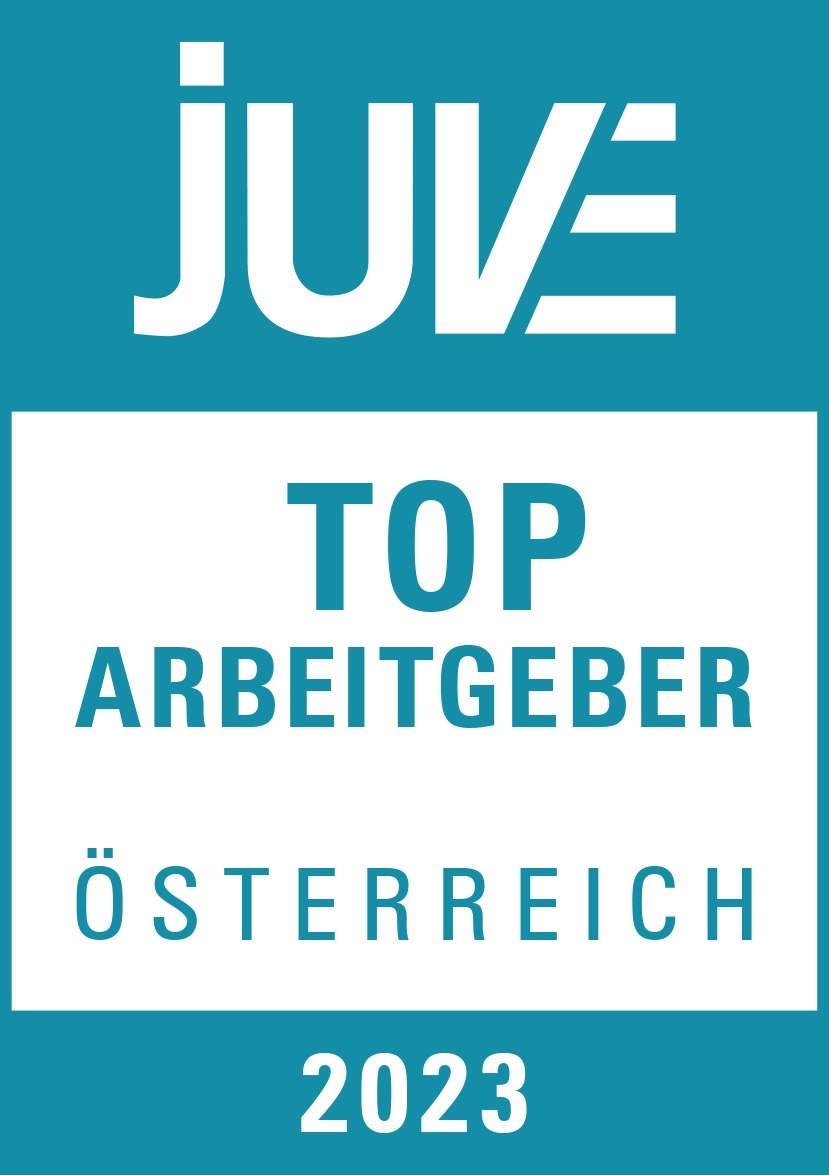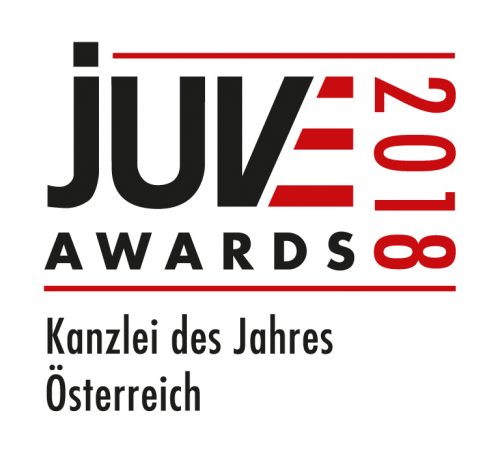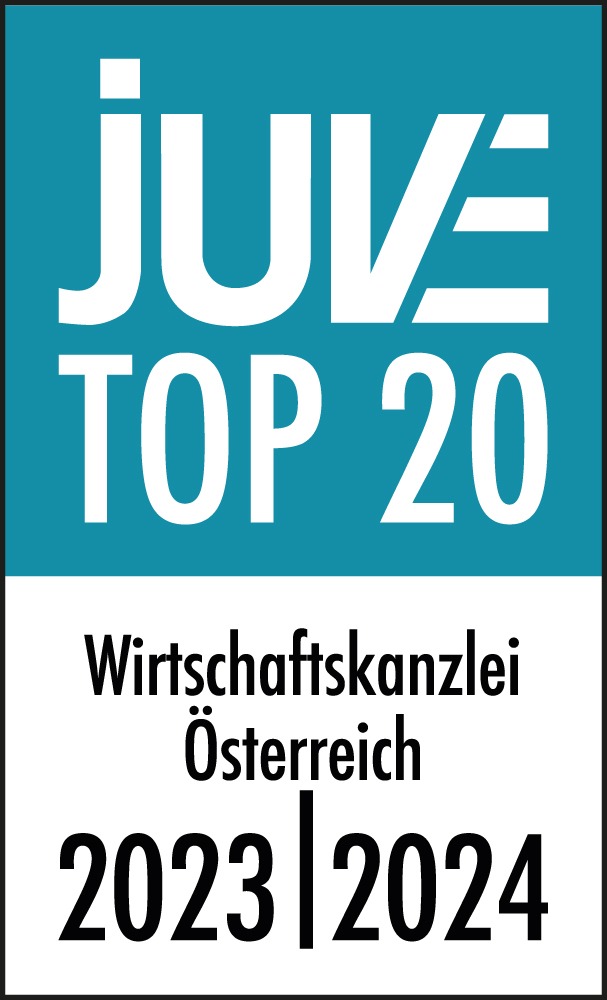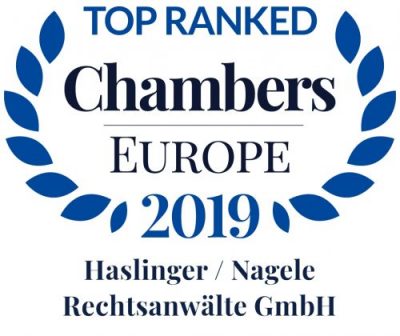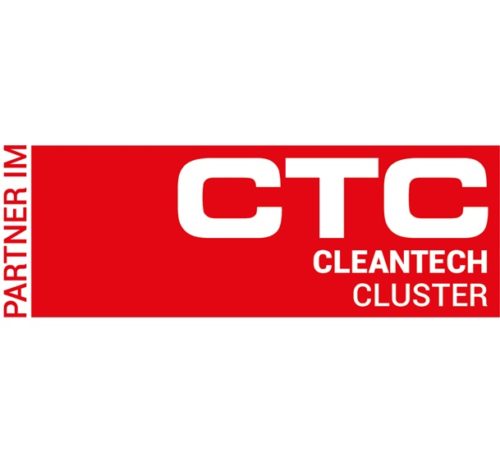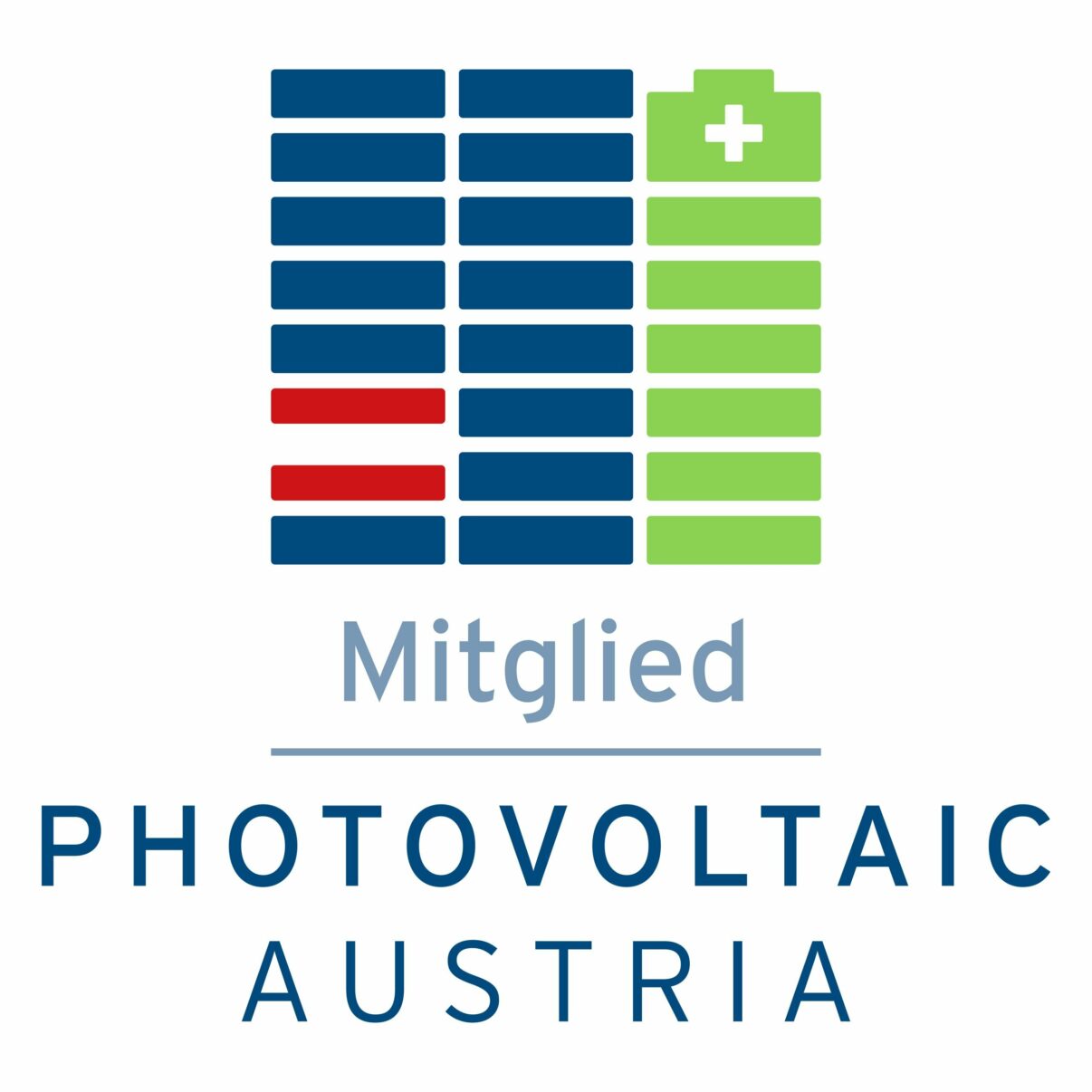Whistleblowing reporting systems
We help with implementation and processing!
Company mergers that meet certain thresholds require official approval before they can be implemented. Early implementation (so-called “gun jumping”) is threatened with fines or even the nullity of the transaction. Two current European merger control proceedings shed light on when an early implementation exists, and which means the European Commission can use against it.
Illumina, a US manufacturer of integrated systems for the analysis of genetic variation, and the European Commission will no longer be friends; that is already clear: following requests from several Member States, the European Commission took over the examination of Illumina’s proposed acquisition of GRAIL, a US biotechnology and pharmaceutical company. The companies had not previously notified the acquisition in any Member State. The decision of the European Commission to examine the merger was immediately challenged by Illumina. The proceedings are still pending.
In July, the European Commission opened an in-depth investigation (Phase II) to assess the possible effects of the merger. In August, Illumina publicly announced that it had completed the merger – despite the ongoing investigation!
The European Commission has now reacted to this by adopting interim measures to “restore and maintain effective competition” for the first time in merger proceedings. Unfortunately, the European Commission’s press release does not reveal which specific measures are being taken.
The case is also noteworthy in another respect: the sales of the parties involved neither reached the thresholds of national legal systems nor those of the European Merger Control Regulation (ECMR). However, the examination is based on a very broad understanding of those cases that may be brought before the European Commission by national authorities (Art. 22 ECMR).
If a company undertakes to acquire another company, subject to approval by the merger authorities, there is naturally an interest in ensuring that the assets of the company to be acquired are preserved during the review period. The European Commission recognizes this interest. However, the agreement must not go beyond what is necessary to ensure the preservation of the value of the transferred company or to prevent its commercial integrity from being impaired.
In the Altice Europe case, the European Commission considered the contractual assurance of veto rights over (i) the appointment and dismissal of executives, (ii) the design of pricing policies and business conditions, and (iii) the possibility to conclude, terminate or modify various contracts, with very low monetary thresholds, to be excessive for the preservation of the company’s value (see also our case report).
This decision has now been confirmed by the European General Court (EGC). In particular, the EGC confirmed the position of the European Commission, according to which co-determination options regarding the appointment or dismissal of management bodies typically give rise to rights of influence, which may only exist after approval has been given (para. 114).
And the EGC also highlighted another exciting aspect in its decision: since the subsidiary agreements to the purchase agreement, certain interventions and the exchange of certain sensitive information had already taken place or been realized prior to the notification of the merger, Altice violated both its notification obligation under Art. 4 (1) of the ECMR and the standstill obligation under Art. 7 (1) of the ECMR. The fact that fines were imposed for both infringements did not violate the prohibition of double jeopardy (para. 56 et seq.). However, the EGC reduced the fines by 10%.
Our experts Johannes Hartlieb and Alexander Hiersche from the Antitrust and State Aid team will be happy to answer any further questions you may have on this topic.
This article is for general information only and does not replace legal advice. Haslinger / Nagele Rechtsanwälte GmbH assumes no liability for the content and correctness of this article.
7. October 2021
